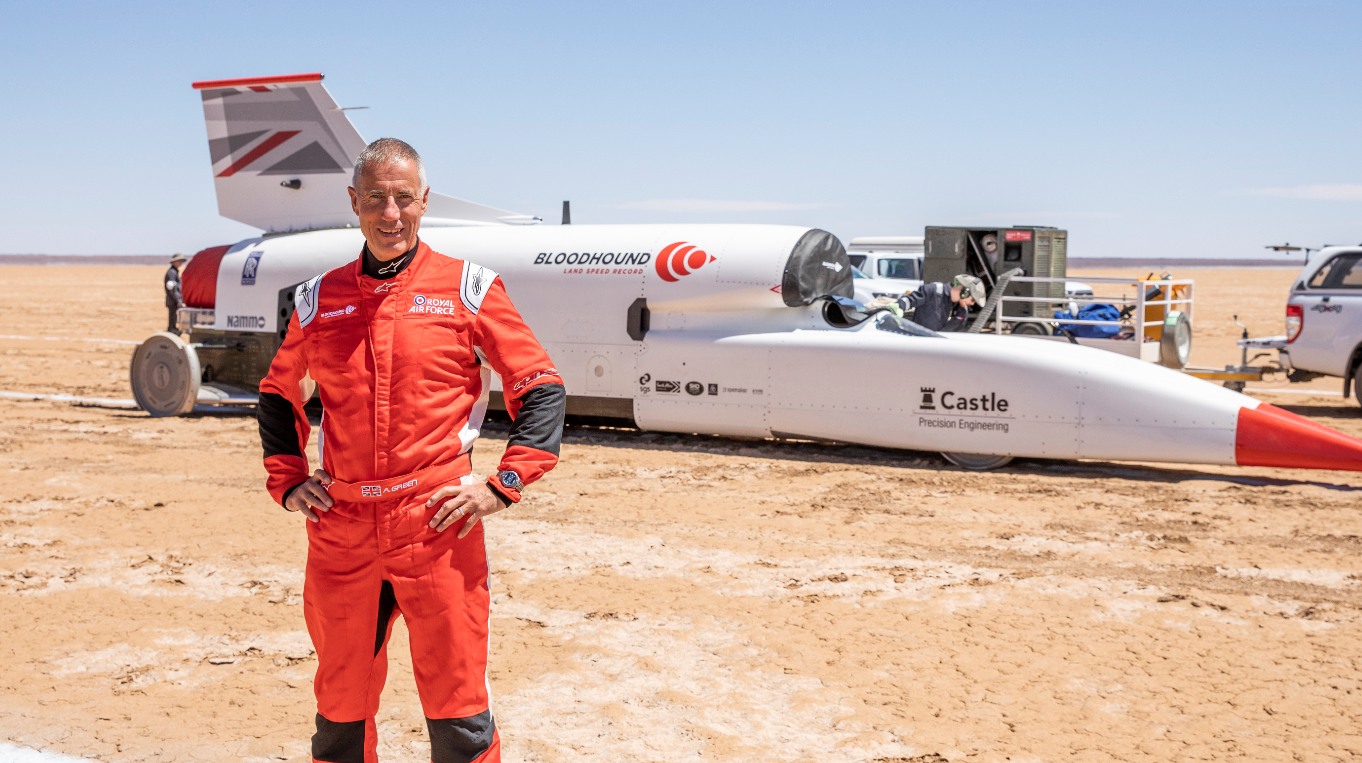Go to Source
Tag: Geely
Volvo: PHEV sales surge will help meet CO2 targets
Volvo sold a record number of cars last year, with the firm’s sales exceeding 700,000 for the first time – and company bosses say surging demand for plug-in hybrid models mean it is on course to avoid having to pay any European Union CO2 emission penalties in 2020. The company sold 705,452 cars last year,… Continue reading Volvo: PHEV sales surge will help meet CO2 targets
@Geely: First electric van prototypes in build at LEVC
The first prototypes of the new van from London Electric Vehicle Company (LEVC) are now being built at the company’s state-of-the-art factory in Ansty, Coventry, ahead of its debut at this year’s CV show on the 28th April. Due to the advanced manufacturing flexibility of the LEVC factory, it has been possible to build these verification… Continue reading @Geely: First electric van prototypes in build at LEVC
@Geely-Volvo: Volvo Cars reports improved SEK14.3 billion operating profit for full year 2019
Go to Source
Renault Trucks Signs Historic Agreement With the Carlsberg Group to Deliver 20 Electric Trucks
GÖTEBORG, Sweden, Feb. 5, 2020 /PRNewswire/ — Renault Trucks is taking a critical step in the transformation of urban transport by announcing the signing of a contract with the Carlsberg Group to deliver 20 D Wide Z.E. These 100% electric 26-tonne trucks, which will be delivered in 2020, will be operated by the Feldschlösschen brewery,… Continue reading Renault Trucks Signs Historic Agreement With the Carlsberg Group to Deliver 20 Electric Trucks
@Geely-Volvo: Volvo Cars reports sales of 45,752 cars in January
Go to Source
Aston Martin delays electric car plans after raising emergency funds – The Verge
Aston Martin has officially delayed all plans for electric vehicles after taking on a desperately-needed new investment from Formula One billionaire Lawrence Stroll. The company says it has indefinitely suspended its first electric car, the Rapide E, after refusing to confirm rumors about the project earlier this month. And it has pushed the launch of… Continue reading Aston Martin delays electric car plans after raising emergency funds – The Verge
Aston Martin calls board meeting on emergency fundraising
Chinese carmaker Geely and billionaire Lawrence Stroll both propose £200m investment Go to Source
Mack Trucks Launches Mack® MD Series Medium-Duty Trucks, Invests $13 Million to Establish New Operation
“Mack Trucks is very proud to make this investment and to now offer a full lineup of Class 6 to Class 8 commercial vehicles, serving virtually every segment of the market,” said Martin Weissburg, Mack Trucks president. “With this investment, Mack is well-positioned for future success, and we’re taking orders for the new truck beginning… Continue reading Mack Trucks Launches Mack® MD Series Medium-Duty Trucks, Invests $13 Million to Establish New Operation
Funding a record breaker – the Bloodhound supersonic car
When the Bloodhound land speed project collapsed back in 2018 due to lack of funding, there were many among the manufacturing community who bemoaned the seemingly inevitable fact that without emergency capital the fate of the iconic multimillion-pound supersonic car would be the scrapyard. None were more determined to haul the near-ten-year project back from… Continue reading Funding a record breaker – the Bloodhound supersonic car
